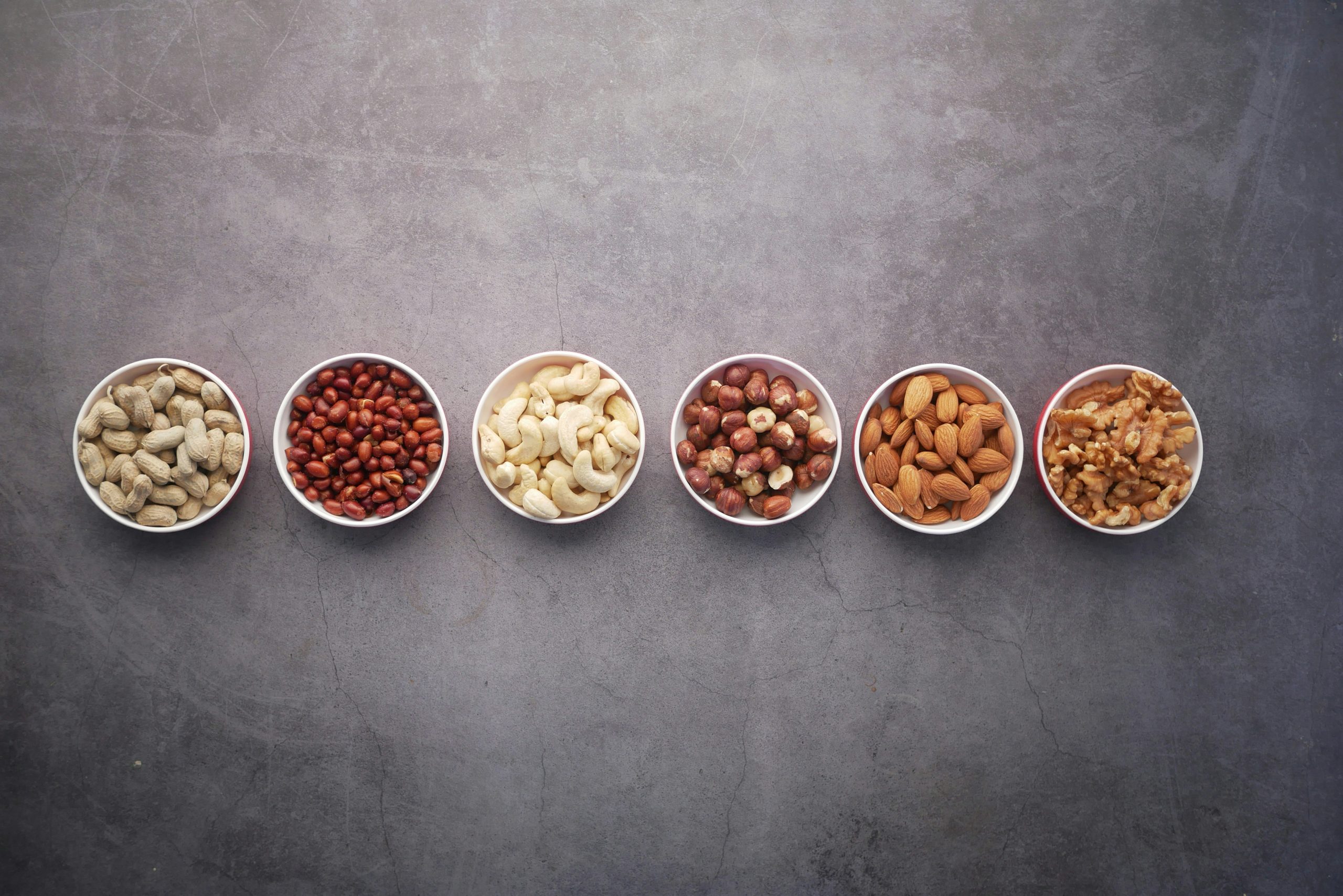The UN’s Food and Agriculture Organization (FAO) released the first instalment of its roadmap at COP28, designed to map out the pathway needed to bring global food systems in line with climate goals (limiting global temperature rise to 1.5 degrees) and to end hunger, as per UN Sustainable Development Goal No.2.
The roadmap sets out a comprehensive strategy spanning the next three years, identifying 120 actions and key milestones within 10 domains, including crops, fisheries, food loss and waste, forests and wetlands, healthy diets, livestock, soil and water. It emphasizes the opportunity within agrifood systems to improve production efficiency while also aligning on climate mitigation, adaptation and resilience objectives. Specifically, the roadmap emphasizes slashing methane emissions from livestock by 25%, halving food waste by 2023, and calls upon richer nations to shift away from animal-products and toward plant-based diets.
Subsequent installments are set to be released in 2024. Once complete, the roadmap has the potential to become the go-to guide for fostering a sustainable food system, similar to road map laid out by the International Energy Agency for the energy transition in 2021.
While non-binding, the FAO roadmap seeks to give countries clearer guidelines on how to incorporate food systems into their climate goals and national climate plans.
More here: COP28: FAO launches global roadmap process to eradicate hunger within 1.5°C limits
